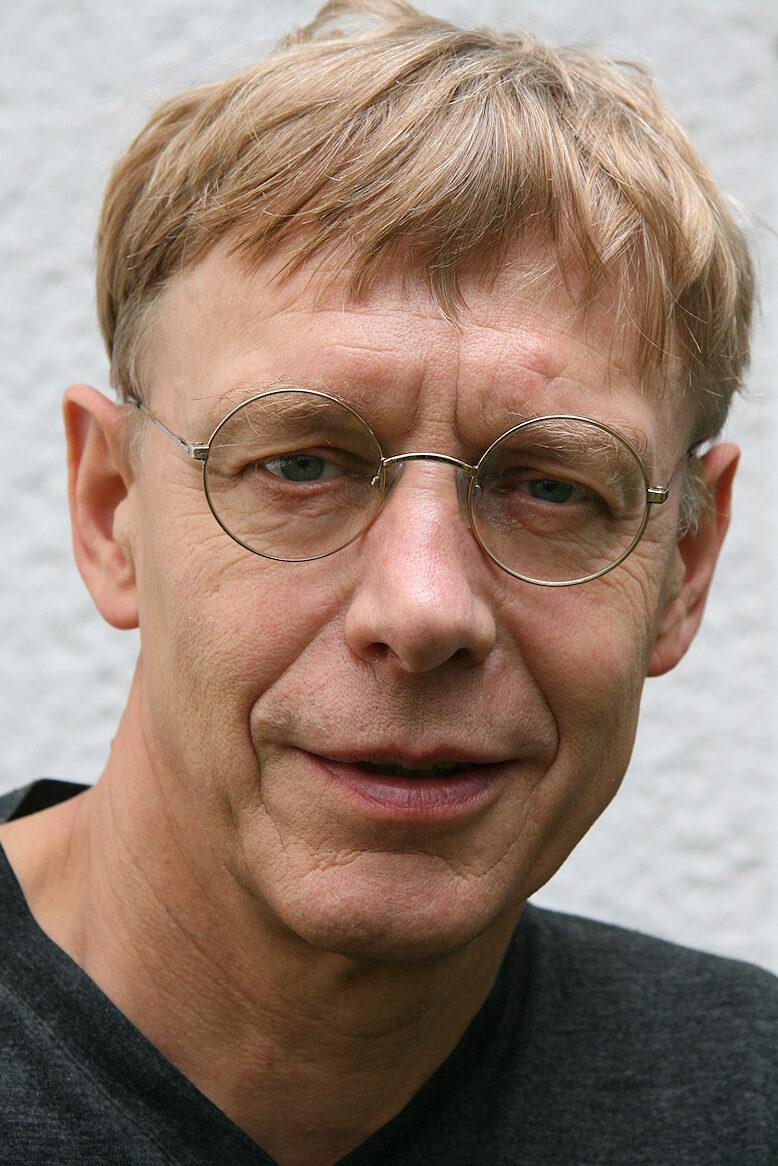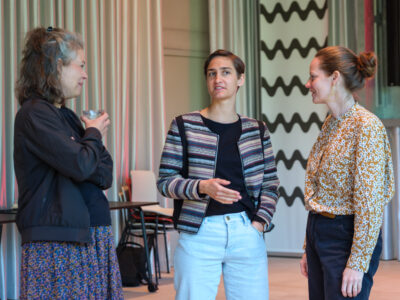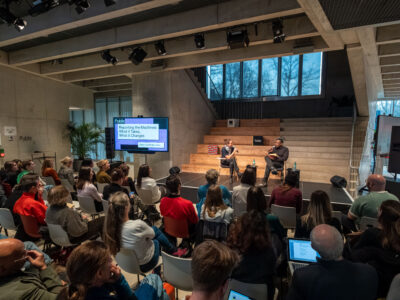Guest contribution: Five Points to Save the Political Public Sphere
Journalism should do more than informing and putting a mirror to society. Now more than ever, it needs to make society stronger. Written exclusively for Publix, the following article by sociologist, Dieter Rucht, outlines five measures for media workers.

Prof. Dieter Rucht has spent several decades researching the sociology of the political public sphere. Until his retirement in 2011, he headed the research group Civil Society, Citizenship and Political Mobilization in Europe at the WZB Berlin Social Science Centre. He is co-founder of the Institute for the Study of Protest and Social Movements (IPB).
Every functioning democracy needs a political public sphere. It is here that citizens gain access to information about the society they live in, and it is here that they take part in shaping it. But with the public sphere appearing increasingly weakened, this space is now in danger. The younger generation, in particular, have been keeping their distance from “traditional” media such as radio, television and, most importantly, print media. Instead, they prefer the sphere of social media, which is not subject to quality controls of any kind. The shift to communication in digital spaces is fragmenting the public sphere. We are now confronted with a growing archipelago of unconnected and partial public spheres that are satisfied to produce and affirm their own content in the absence of external verification. Aided by profit-driven algorithms, these platforms have each begun creating their own talking points, their own ways of evaluating things and, ultimately, their own ways of perceiving reality. The new logic inherent in this type of media encourages political extremism and, thus, emboldens right-wing populism and radicalism. In Germany, such political trends have found their most virulent spokespersons in the AFD. Tackling this problem is not only a job for democratic parties and for an active civil society. Journalists, too, have a fundamental role in defining and evaluating public affairs.
So, what can journalists do to strengthen the public sphere? I propose the five following areas of action.
Create information networks: Curbing the isolation of different spheres of communication is not easy, particularly it comes to those that operate online. However, certain sections of the media could work alongside existing research networks to establish a common platform that would produce both print and online content addressing the most salient political issues. This platform would serve to gather information on these topics while presenting controversial opinions and arguments. Equally, it would publish immediate public reactions to the issues in question.
Map complexity: Various studies have shown that bad news attracts more attention. Conflict and negativity are disproportionately represented in much of the media we consume, with many platforms exaggerating and distorting the actual differences between political actors. This leads to gross simplification and polarisation. Indeed, one is not infrequently given the impression that all we do in Germany is fight, that nothing works anymore, and that the majority of those in public service are ignorant and incompetent. There is an urgent need for more nuance. Political activity that is accompanied by detailed journalistic work could add crucial nuance to a realistic portrayal of our current state of affairs. Equally, claims made by populist groups that they have successfully determined the roots of societal problems and that they have solutions at the ready could be put to public scrutiny. While public talk shows moderators approach this task extremely seriously, they nonetheless come across as almost completely overwhelmed in the face of seasoned and shrewd populists.
Present the Facts: If politically motivated interest groups invoke “alternative facts”, providers of quality media should neither ignore them nor outright reject them as “absurd”. The nature of such claims could be exposed by focussing on paradigmatic cases, scrutinizing and debunking them. Just as one can prove that the earth is not flat, one can equally demonstrate, empirically, that certain claims about what is happening in society have been either enormously exaggerated or, in certain cases, completely fabricated. Countering these claims in such an exemplary fashion will not convince the most ardent believers of conspiracy theories but it may well sow the seeds of doubt in such circles. The claim that Germany is subject to a “dictatorship over opinion” (Meinungsdiktatur), for example, could be met with a small and regularly updated column in which points of view that are supposedly “beyond the pale” are presented. The same column could equally host debates as to whether certain claims should be illegal or, at least, deplatformed.
Examine Disengagement: Participation in public debate is, of course, voluntary. Precisely which groups and which individuals relinquish their right to participate in such debates, as well as their right to vote, is certainly worthy of public attention. How do we explain this disengagement? And what happens when this abstention starts to occur en masse. Quite apart from academic analysis, targeted media research could give some profile to those who have “disengaged” from political debate. Indeed, if they so desire, it could provide give them a voice.
Create Avenues of Self-Reflection: Following developments in the media landscape should not be the exclusive purvey of communications studies. Rather, it should be a fundamental concern for media workers themselves. Specifically, it is a task that ought to be overseen by a robust body, which operates at a safe distance from the state. Beyond the German media and press councils whose remit lies elsewhere, such a problem-oriented body would be designed to carry out long-term monitoring of the media landscape. While its findings would be open to public scrutiny, it would elaborate proposals as to how undesirable developments in the media landscape could be addressed.
Photo:
Portrait Dieter Rucht: ©privat

